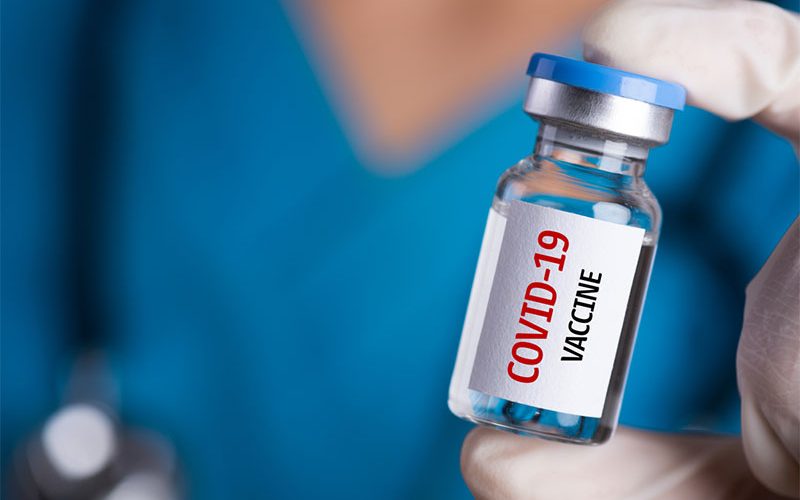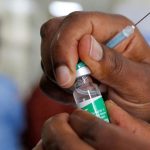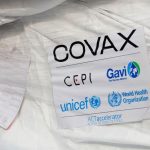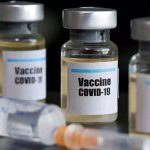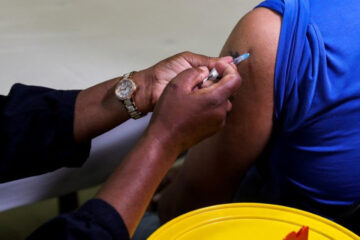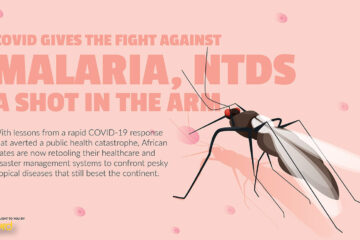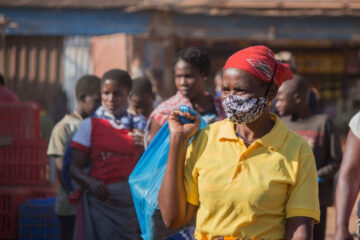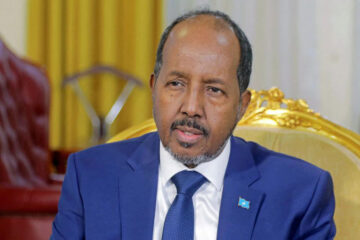eSWATINI aims to vaccinate all its 1.3 million people against COVID-19 and will set aside at least 200 million emalangeni ($14 million) to do so, senior officials in the southern African kingdom has said.
eSwatini, formerly known as Swaziland, is participating in the COVAX global vaccine distribution scheme co-led by the World Health Organization and hopes to receive enough vaccines for 20% of its population via the facility free of charge.
It wants to buy vaccines for the remaining 80% via COVAX but recognises it may have to source doses elsewhere.
“We are still trying to explore other sources for the vaccine in the event the country fails to secure the additional vaccine doses through the COVAX Facility due to limited supplies,” Simon Zwane, principal secretary in the health ministry, told Reuters.

“We are aware of the fact that the facility may not be able to supply enough vaccines to cover the whole population.”
eSwatini has recorded more than 9,940 coronavirus cases and over 230 deaths.
Prime Minister Ambrose Dlamini died in a South African hospital last month after testing positive.
Acting Prime Minister Themba Masuku said on Sunday that Taiwan, a close ally, had committed $500,000 to help eSwatini procure COVID-19 vaccines.
Zwane said eSwatini was interested in accessing the vaccine developed by Oxford University and AstraZeneca since the country for now can only comfortably store doses at between 2 and 8 degrees Celsius. Officials are working to improve cold-chain capabilities to handle vaccines that need to be stored at minus 20 degrees Celsius, he added.

